
Listen to the MP3 audio file
The Solari Report – 15 Jan 2009
In 1997, I had approximately $500,000 of assets sitting in a 401(k) at T. Rowe Price. The funds represented a portion of the money I saved while working on Wall Street. After I left the Bush Administration, I used these funds, along with the proceeds of the sale of my house, to start a company called the Hamilton Securities Group.
It was not long before Hamilton Securities was successful and repaid my 401(k) the funds that had given it life.

A few years later, the federal loan sale program for which Hamilton served as financial advisor was the target of a highly politicized “investigation” by the federal government. A new Housing Secretary was eager to assist the Federal Reserve and Treasury in engineering a housing bubble: honest people had to go.
After a year of beating back false allegations, the government put my 401(k) under audit. My company’s chief financial officer and I looked at each other and said, “Uh-oh.” Somebody was trying to prevent me from borrowing the money.
Sure enough, a few months later the U.S. Department of Housing and Urban Development (HUD) created a pretext to withhold monies owed to Hamilton and demanded several hundred thousand dollars of contract close-outs. Our bank received anonymous tips which persuaded them to pull our credit line. Our insurance company breached its obligation to fund our attorneys. And (surprise, surprise) our auditors said that the audit meant I could not arrange a loan from my 401(k) to Hamilton Securities. We were to learn in time that the auditors were quite dirty in the affair.
Fearless by nature, I closed out my 401(k) without blinking an eye, paid $225,000 in taxes and penalties, and loaned the remaining money to Hamilton Securities for contract compliance and legal expenses. I hired an excellent attorney on contingency and sued the federal government for the monies owed.
And we eventually won.
The moral of the story was that if you stand in the way of the largest housing bubble and pump and dump in history, it pays to have a nest egg.
After winning the case, my accountant hoped that some or all of the settlement would repay Hamilton’s legal expenses. Thrilled at the possibility, she said, “The first thing we’ll do is set up a new 401(k).”
“No,” I said. “I will never have an IRA or 401(k) again.” To this day, I never have. Fool me once, shame on you; fool me twice, shame on me.
I assumed that my situation was unique – I hold highly visible positions – and that most people had nothing to worry about. There are numerous benefits to building savings in a 401(k) or IRA, although many of these plans are restricted in their investment choices. With persistence, someone can usually make such investment vehicles work for them. So, I had never considered the possibility of overt or covert confiscation of IRAs and 401(k)s until I read one of Franklin Sanders‘ comments about gold confiscation:
“Finally, gold and silver today don’t represent the huge pool of wealth they represented in 1933. [Solari note: the US government confiscated gold in 1933.] Why risk wide-spread disobedience to steal such a tiny plum? If the government wants to steal a big pool of wealth, they’ll snatch your pension funds and IRAs, not your gold.”
In fact, if you look at the value of most 401(k)s and IRAs lately, a great deal has already been “confiscated.” The mainstream media has described these losses as part of the normal economic cycle, but this is a fallacy. The losses are the result of a financial coup d’etat, including fraudulent housing bubbles, pump and dump schemes, naked short selling, precious metals price suppression, and active intervention in the markets by the government and central bank. Which begs the question, where is all this going?
I began hearing questions about whether it was safe to leave money in 401(k)s and IRAs late last year. These questions were due, in part, to a report in the Carolina Journal that floated the idea of federally-managed retirement accounts. And there were other concerns: the ease with which financial interests have manipulated Congress, the passage of the highly unpopular bailout package in 2008, and the growing federal deficit. These issues have raised the possibility of greater financial losses in 2009, increased capital controls, and possible constraints on 401(k)s and IRAs.
Enter the Wall Street Journal. Last week, a front-page article in the Journal examined recent 401(k) losses: Big Slide in 401(k)s Spurs Calls for Change. Here’s an excerpt:
“About 50 million Americans have 401(k) plans, which have $2.5 trillion in total assets, estimates the Employee Benefit Research Institute in Washington. In the 12 months following the stock market’s peak in October 2007, more than $1 trillion worth of stock value held in 401(k)s and other “defined-contribution” plans was wiped out, according to the Boston College research center. If individual retirement accounts, which consist largely of money rolled over from 401(k)s, are taken into account, about $2 trillion of stock value evaporated.”
First of all, as I have pointed out many times, money does not simply disappear. It goes somewhere. The fact that $2 trillion has suddenly “evaporated” may mean that some, even greater, corresponding value is now under new ownership. And, in this case, the owners are no longer ordinary investors. If you have doubts about this, see my definition of “pump and dump”.
The Journal article also raised the possibility of changes in the structure of 401(k) accounts:
“Congress has begun looking at ways to overhaul the 401(k) system … One such plan called for establishing accounts that would receive annual contributions from the federal government, and would offer a guaranteed, but relatively low, rate of return. Another proposed automatically investing contributions in an index fund that holds stocks and bonds, with the mix getting more conservative as workers approach retirement.”
So, the solution is that the victims cede even more power to the perpetrators. Who’s pushing these ideas? Why is the Wall Street Journal floating such a trial balloon on the front page?
I live in an area with increasing tornado activity, but I am not planning on selling my home because of these risks. I know how to track storm warnings. I have a disaster preparedness kit and I know where the town’s storm cellar is located. With this in mind, I am not advising anyone to pull their money from a 401(k) or IRA. But, I do think we should understand the rules associated with this process. We should also make it clear to Congressional representatives that any tampering is not acceptable.




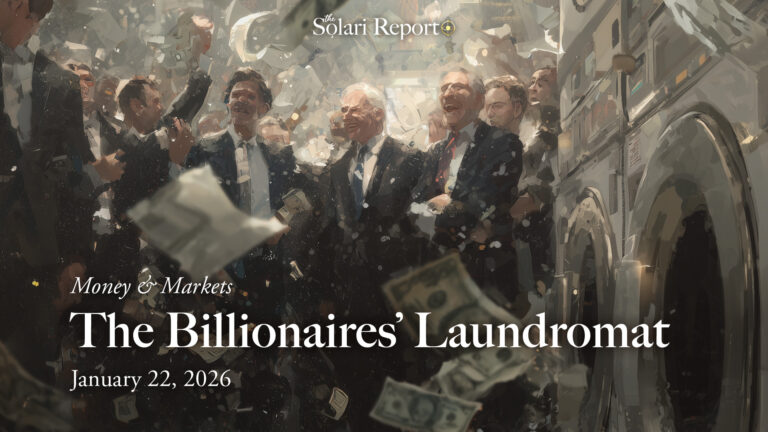


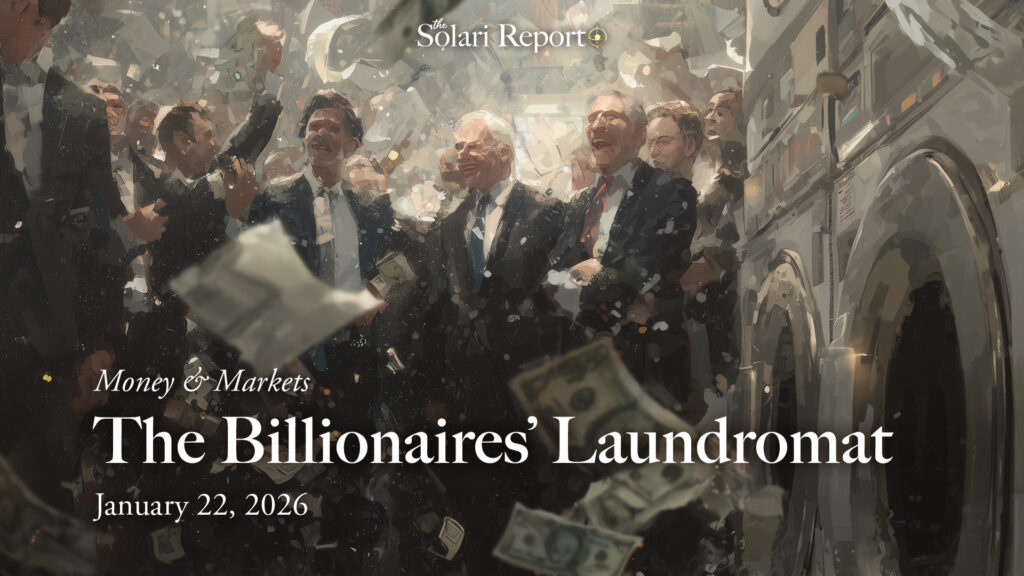
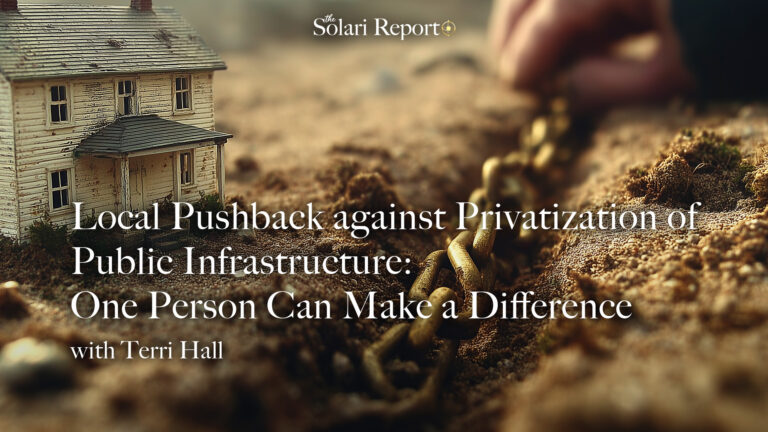
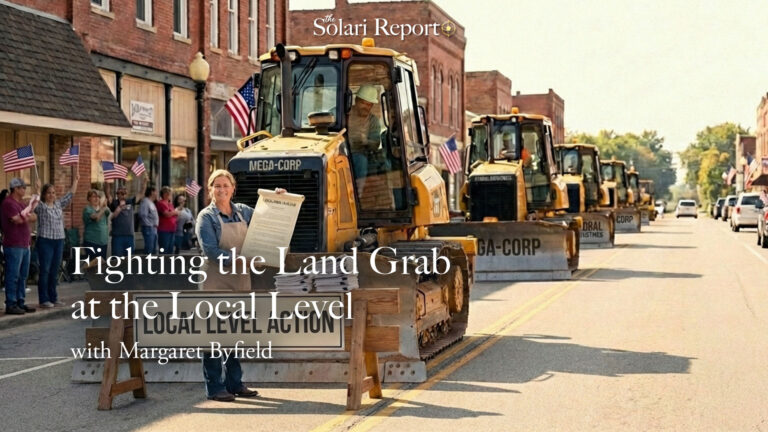
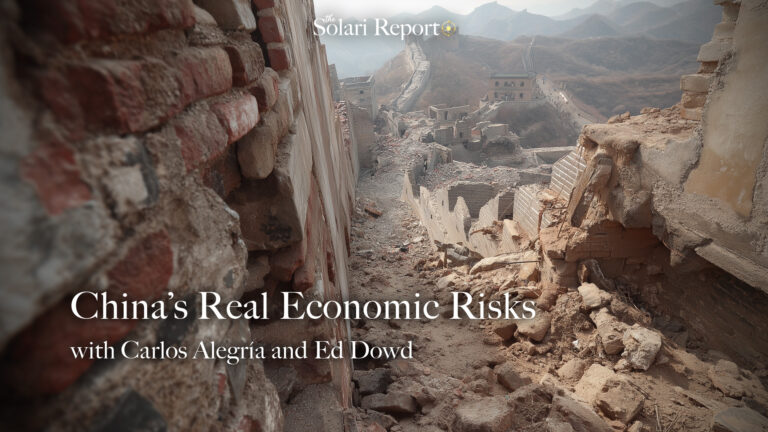
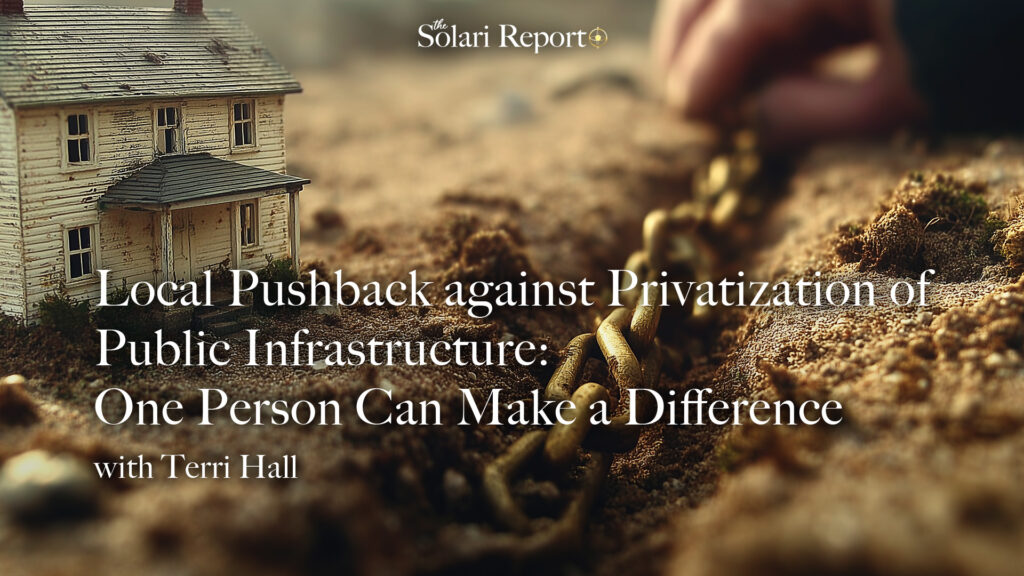
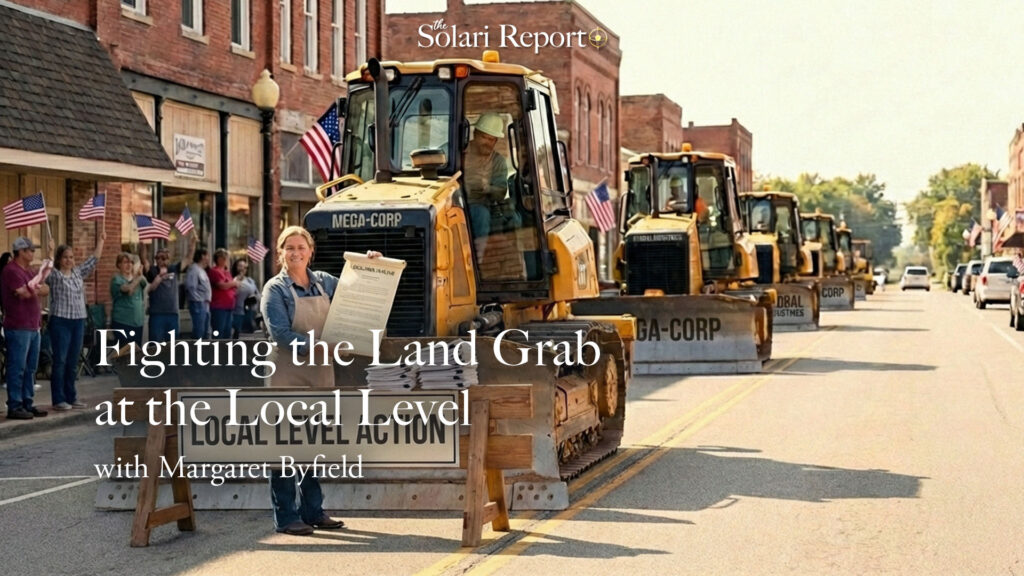
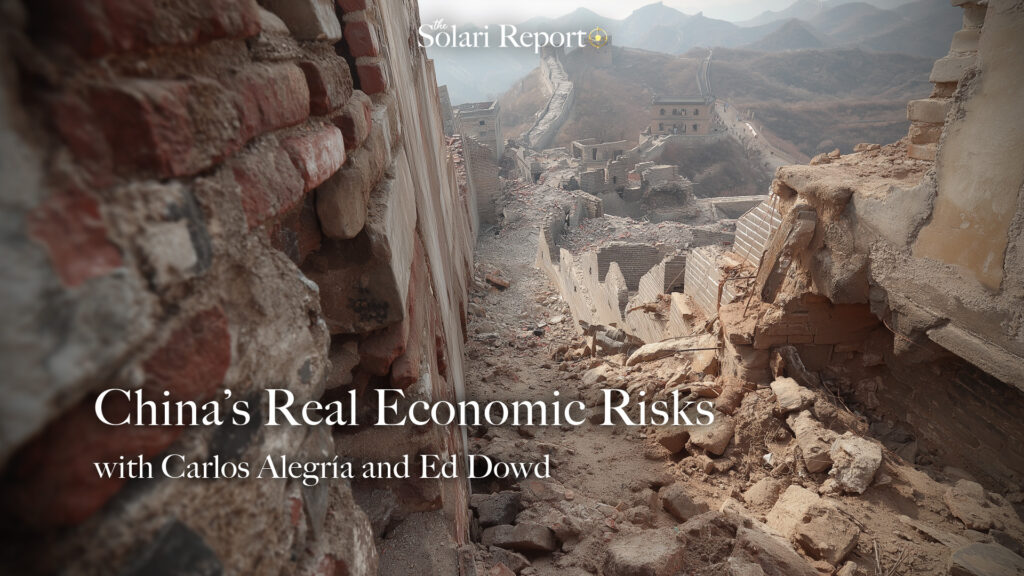



















































































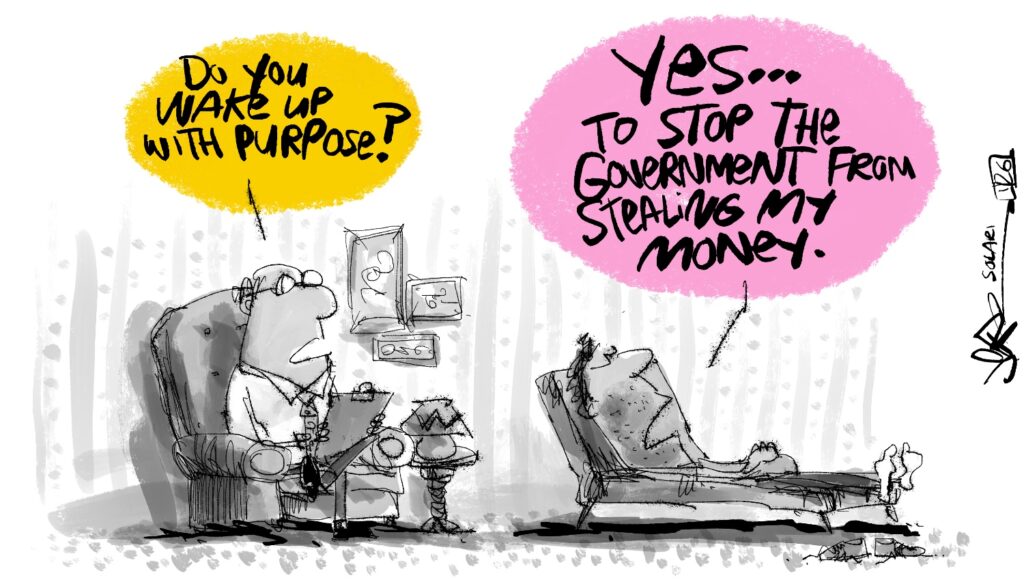





















The original message disappeared, so here is posted again below.
Catherine, your situation is not unique, the same has happened to just about every “honest people that have to go” such as doctors, lawyers, teachers, small business owners, etc. No matter if these people are of any color, rich or poor — if a person has integrity there is plenty for them to worry about.
By the way, a few months ago I did send President Obama your name and website for him to consider you as an adviser in his cabinet. Could you give us the name and contact information of the “excellent attorney on contingency” you hired to sue the federal government for the monies owed? I am sure many of your followers could use his services.
My website: http://www.geocities.com/aguilar.teresa/MyFedCase.html
Best Regards, Tess
Tess:
The attorney who won the case was a Court of Claims/government contracting attorney, so he would not be of use in most litigation against the US federal government, including when monies are owed.
The expenses of pursuing these cases is significant, for reasons another of my attorneys noted:
http://www.scoop.co.nz/stories/HL0504/S00241.htm
Catherine
Love the website and info,I read your stuff somewhat regularly. I would like to add some obvious facts. In my life I have seen 5 1/4% interest on a passbook savings account. I have seen almost everybody I know go from no credit-card and savings, to many credit-cards and very little savings. Our society has went from saving to borrowing. Instead of earning interest, everybody pays interest. Look how much of our econmy depends on people spending money to maintain itself. Look who controls it and manipulates it. My point that I’m trying to make is that there is a reason for everything. Why does the gov’t let you write of interest on a home-equity loan, to a bank? Why is it that to get any “tax relief” on an investment or retirement savings it has to go into the stock market, and to get it back your penalized severly? Let’s look at the recent events with “the markets”. Trillions have been “lost”, lost to who? That money didn’t vaporize, it changed hands. If people lost 35-50% of the savings, was the paltry return worth the huge risk that we know see? How about saving for retirement on 10% of gross earnings and making at best a 7-10% return, then negating it with a huge mortgage on a mcmansion type home. What about the bankruptcy bill in the Fall of 2005. The financial community has wanted that for a long time, they have paid a lot of money over the years to get one, politicans have “promised” something that they never delivered, and when or if they do, the lobby moneys stops. What a coincidence, they pass a law right before the housing bubble burst!
Is it any wonder how the current economic situation come to be? Anybody remember Reagen/Bush 1? I do, that’s why I pulled everthing out of the markets starting in 2000. Did I do any market research and analysis, risk analysis, consult with a planner? No, I just assumed that a son of a Bush would have the same or similar agenda as his father, the birds of a feather-flock together theory. Common-sense and knowledge of history or the past costs you nothing. To those who think that they should pull out their money, yes, you may make back the gains, but when? Is your broker/planner telling you that it will? They don’t care if you lose anything, just that you leave it with them. It’s not their future at stake! The person above with the CFP of CPR might even be an EMT, of course he said what he said. Laughable, maybe a slight bit of truth, but SURELY not unexpected! Market fluctuation, downturn, information does not imply future earnings,blah blah blah, actual mileage may vary. I’m not trying to imply anything, just consider the source. One of my few, finely honed skills, is my ability to state the obvious.
After reading what I typed above, where did the bailout/TARP money go to? The reasoning was the banks were too big to fail, apparently not, they were failing. What do they teach at the “ivy-league” schools, poison-ivy?
Andrew Cuomos anouncement of the HVCC plan to protect real estate appraisers from coercion is the most classic example of trojen horse regulation I have ever seen. A couple facts about this proposal. First it was the result from an investigation he did into WAMU and eappraisa in whchi first american, owners of eappraise were fined large amounts. His regulation in effect steers business to his defendants. Sounds funny to me. Another fact is that when he was asked why WAMU was not charged he stated that he did not have federal jurisdiction over WAMU although he feels the moral obligation to save the nation from appraisal coercion. He also never charged one individual appraiser. Appraisals are perfomed by individuals and their certifications. It is obvious he did not want to lose such a valuable resource for the next run on the system these gentlemen will be needed. Finally, JP morgan, wells fargo, Citi, WAMu and Countrywide all utilized Appraisal management companies. How did that work out for them.
I have been an appraiser for 20 years who has seldom worked in the last 4 years as I would not go along. I have several people who I have trained and the funny thing is it is still happening today. The most unethical and unprincipaled are still prospering in my business. The worst appraisers are still being sought by lenders. They apparently will never learn.
Catherine,
Do you know who was responsible for removing the appraiser rotating list at fannie and freddie? Allowing brokers to chose their appraiser has never been viable for quality lending decisions to be made. The rotating list is not perfect but This method of protection is far better than the one in place or currently offered by mr. Cuomo and the past wall street executives in charge of the GSE’s.
Montgomery:
I sent an e-mail to someone who might know the answer and asked him to post…let’s see.
Catherine
I’m new to Solari Report. I have been listening to Catherine for the past year or so and that’s why I’m here. My burning question is what do I do with my IRA. I want to get out, but with so little in it and have little income I’m in need of advice about how to do this without too much more loss in tax. I am supposing I will have to pay Fed taxes on the withdrawal. Where best to put the money so I can then begin to grow some. I don’t trust “standard” brokers. HELP! Also I have a small self directed gold IRA.
Alison:
What you are looking for is personal investment advice – for legal reasons that is not something I can do on the Solari Report.
I generally do not think taking funds out of an IRA is cost effective currently – obviously government policies can change, so that could change in the future.
I will cover areas of opportunity in the upcoming equity review – so recommend you listen to that one.
Ms. Fitts – was perusing some of your earlier work that you recently Feb 22 2022 reminded/reposted for help given the current chaotic times; a Quick Question – if someone gave $$$ to a trucker in a BOA account, could the feds or LE capture and seize other accounts in the same SSN, such as 401 or retirement accts held by a different bank, say Vanguard? Assume the answer is of course, don’t be naive…. but just wanted to ask.
Thanks for leading the charge!
We think of you and are praying for your safety and wisdom, and that you will continue to share your experience with us.
God Bless You.
Sue
`Unlikely now. Would not surprise me if they are working towards that.